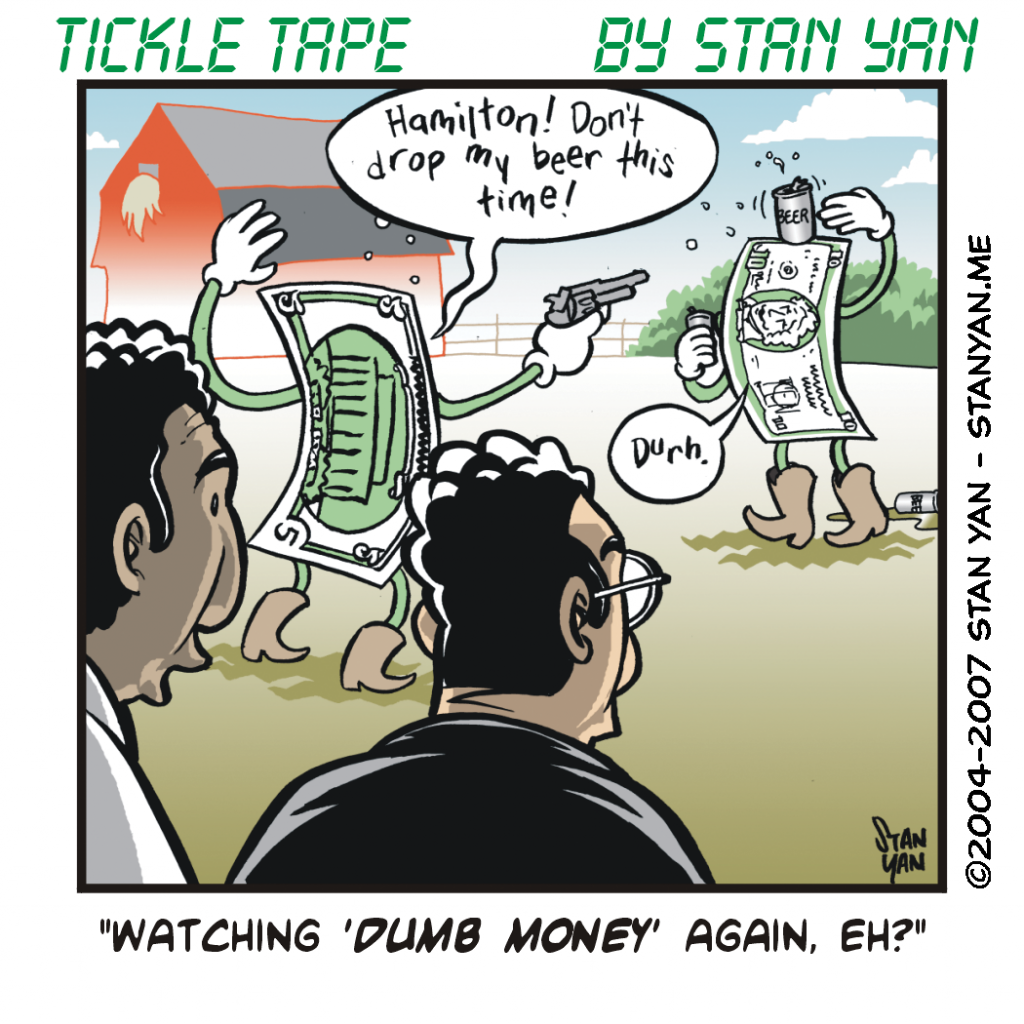Trading involves coping with uncertainty. There are potentially endless factors that may go against your trading plan. For example, your DSL line may go down at a critical moment, an analyst may predict that a stock that you are trading will miss earnings expectations, or stock or commodity in a related sector may suddenly move against you. When one of these unexpected events ruins our plans, our first instinct is to find an excuse: “It’s not my fault. Everything is just going against me.” It’s easy to find excuses and many times there is, indeed, little we can do. Winning traders, however, take full responsibility for all aspects of a trade.
Taking full responsibility is crucial. Traders who don’t take full responsibility will devote the bulk of their psychological energy to defending themselves against their mistakes. Rather than focusing exclusively on observing the markets, they tend to get sidetracked by a burning desire to avoid blame.
In addition, while one is finding an excuse for an adverse event, no time and energy are devoted to anticipating adverse events and thinking of preventative strategies to neutralize them. Taking full responsibility doesn’t necessarily mean blaming yourself for “mistakes,” however. Taking full responsibility can merely mean sifting through all possible negative events and taking precautions to minimize their potential negative impact.
An awareness of all possible adverse events allows you to make specific plans. For example, if you know that your DSL line may go down unexpectedly, or that your computer may crash, you can make a backup plan. When all seems to go wrong, you won’t panic, but you can effortlessly take decisive action. If you intuitively feel that an adverse event will likely thwart your plans, you can stand aside or cautiously manage risk should the market go against you. The more you consider all possible adverse events, the better you can plan, and the more easily you will come out of it unscathed.
It’s useful to consider all possible adverse events. That said, it’s important to remember your limitations. Some people go overboard when trying to figure out what can go wrong. It’s possible to take things a little too far. If you become obsessed with every possible catastrophe, you may become an extreme perfectionist who has trouble pulling the trigger.
Other people may take so much responsibility for negative outcomes that they become excessively pessimistic. It’s important to take a more balanced approach. Be realistic. There’s only so much you can account for and only so many precautions you can take. But, if you consider what you can control, take all possible steps to control it, and at the same time, accept what you can’t control, you’ll trade more effectively. You’ll remain calm and trade decisively.
Everyone tends to avoid responsibility to some extent. There’s a very human tendency to build up our egos and feel good about ourselves, and when events don’t go our way, we try to block it all out. This general tendency usually helps us cope with most of the adverse events we encounter in our everyday lives, but it usually interferes with our ability to take preventative measures to control potential adverse events. In the end, by becoming astutely aware of what can go wrong, and taking control, you can maintain your winning edge.


